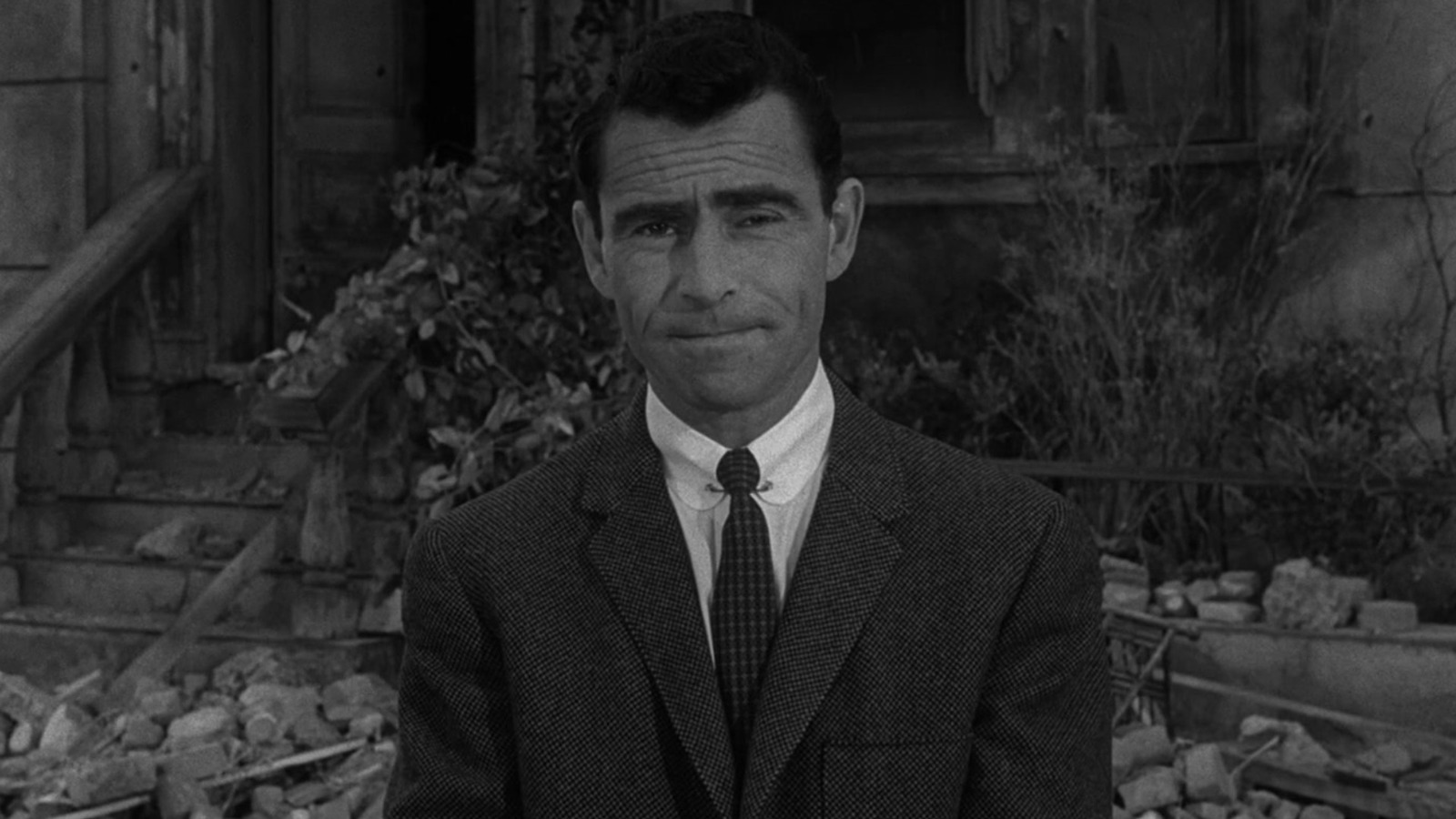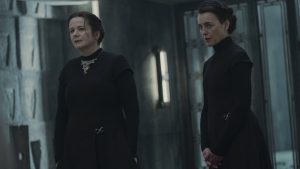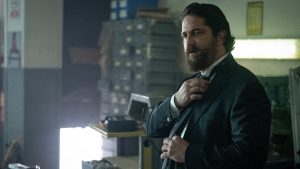
Television Science Fiction Shows
The Twilight Zone: Episodes That Skip Rod Serling’s Signature Ending
By Valerie Ettenhofer Sept. 28, 2024 9:00 PM EST
When you think of “The Twilight Zone,” you often remember the unforgettable twists that catch viewers by surprise. In each episode, characters—be it soldiers, con artists, or astronauts—grapple with baffling circumstances that culminate in an unforeseen twist delivered by the series’ creator and narrator, Rod Serling. He pioneered the art of the twist ending and created many beloved narrative tropes. However, there are a handful of episodes where the most surprising element comes not in the twist itself but in the absence of Serling’s signature closing line alongside the show’s title.
In seven distinct episodes, Serling notably omits the phrase “The Twilight Zone” during his closing remarks, leading to a unique viewing experience that feels slightly dissonant. It’s uncertain why this absence occurs; in many instances, the title’s reference is relocated to the beginning of the episode. Some of these episodes are from the first season, a period characterized by the show’s developmental phase. Regardless, the absence of the expected tagline leaves viewers with an unusual sense of closure.
One prime example is “The Four of Us Are Dying.” In this episode, a conman named Arch Hammer, played by Harry Townes, possesses a peculiar power: he can mimic any person’s face he sees. As he shifts between identities during his final moments, Serling concludes with a poignant reflection on Arch’s multiple lives but neglects to mention “The Twilight Zone,” leaving audiences without the typical sign-off.
Then there’s “Long Live Walter Jameson,” another key episode. In this eerie tale of immortality, a professor learns that his future son-in-law possesses eternal life granted by an ancient alchemist. After a tragic encounter, the professor ages into dust, and instead of a comforting closure that reminds viewers of the boundary between fiction and reality, Serling ends with a morose meditation on mortality: a stark contrast that only adds to the episode’s unsettling nature.
The holiday-themed episode “The Night of the Meek” also forgoes the signature final line. Unlike many “Twilight Zone” tales, this story features a hopeful conclusion where a down-and-out department store Santa discovers the magic of giving. Interestingly, Serling introduces the episode by incorporating the show’s name early on, perhaps for the benefit of younger viewers.
In “I Sing the Body Electric,” Ray Bradbury’s narrative about a robotic grandma also lacks the closing title reference. Instead, Serling cleverly integrates it into the opening narration, giving context to the story about advancing technology and maternal love.
Similarly, “He’s Alive,” an episode about a nefarious figure influenced by the spirit of Adolf Hitler, refrains from closing with the show’s title. Instead, Serling places the emphasis on a powerful message against hate and prejudice in his closing remarks, rendering the absence of the catchphrase less conspicuous.
“Jess-Belle,” characterized by its folklore elements, contrasts expectations as it concludes with a haunting melody rather than Serling’s narration. The story revolves around an Appalachian woman’s curse, leaving viewers without a clear moral since Serling’s closing commentary is missing entirely.
Lastly, “On Thursday We Leave for Home” plays around with the format. This episode, which centers on Earth’s former residents considering a return to their home, features the show’s name at the front instead of the unsatisfactory closure. By the end, the leader’s solitary fate is left hanging without the customary sign-off, presenting a unique twist that encapsulates the show’s core ethos.
In these episodes, “The Twilight Zone” displays its ability to deviate from expectations, embracing surreal and thoughtful conclusions that challenge viewers to think beyond the traditional narrative structure.



